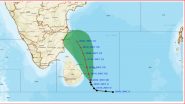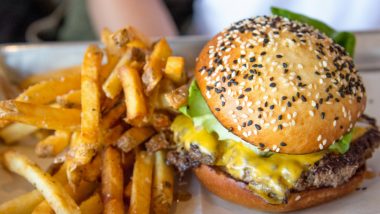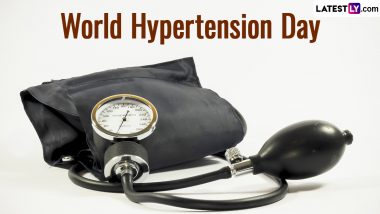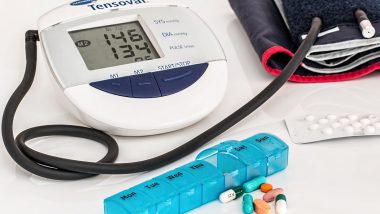Hypertension, also known as high blood pressure, is a lifestyle disease; eating habits can have an impact on your Blood Pressure(BP) on a day-to-day and long-term basis. It is noted that up to 25–30 percent of urban and 10–20 percent of rural population suffer from Hypertension. It can damage Arteries and can cause Heart Failure, Cerebral Stroke, Kidney Failure and damage our Eyes. On World Hypertension Day, let's look at how a bad diet translates to high BP.
Risk factors include age, race, family history, excess weight, prolonged inactivity, tobacco abuse, high Sodium intake, low intake of Potassium, Calcium & Magnesium,alcohol abuse, stress and other chronic conditions like high Cholesterol, Diabetes and Kidney Disease.
Salt and Hypertension: It is a known fact that high salt intake results in high BP and low salt results in low BP. Dietary salt plays an important role in regulating our BP. When we talk about excess salt, it is not the added salt in homemade food, but in fact the high Sodium content from processed foods and ready-to-eat food. About 80 percent of the Sodium we consume comes from processed food like pickles and sauces.
Some foods with high sodium content to be avoided by hypertensive patients are:
• Smoked meat
• Tomato juice
• Frozen beans and peas
• Canned Spinach
• Pastries
• Potato chips & biscuits
• Fast food (includes read-to-eat food)
• Pickles
• Soy sauce
• Papad
• 2min soups
Several myths regarding salt consumption are as follows:
• We get all our salt from the salt added in homemade food
• Non-regular varieties of salt like Pink Salt, Rock Salt etc. are low in Sodium
• Eating more salt will prevent muscle cramps
• Only the elderly and diseased individuals should restrict salt intake
• Sweet food is low in Sodium
Other factors such as these also impact our Blood Pressure:
1. Potassium:Intake of Potassium in our diet is critical. A good balance between Potassium and Sodium should ideally be 3-1. Fruits and green leafy vegetables are rich source of Potassium.
2. Sugar and Hypertension: Excessive sugar intake has been linked to increased weight gain and Obesity. However, a well-spread myth is that excessive sugar intake does not impact the BP. The truth is that sugar component, especially in sweetened and carbonated drinks, contributes to an increase in obesity amongst people of all ages. High BP is commonly associated with people who are Obese and overweight.
3. Alcohol consumption, especially binge drinking increases BP
4. Excessive consumption of caffeine can lead to increase in BP
5. Consuming Tobacco, in any form, increases risk of Hypertension
Foods that is good and help in lowering high Blood Pressure, if listed below, this can be easily stocked in the pantry and can be used for replacing certain unhealthy components of our meals. Snack times can also be tackled with healthy options, if one wisely chooses these foods over the regular ready-to-eat food:
• Leafy greens –Lettuce, Arugula, Kale, Spinach & Beetroots
• Berries – Blueberries, Strawberries & Raspberries
• Skimmed milk and yogurt
• Oatmeal
• Bananas
• Fish with Omega 3 Fatty Acids: Salmon
• Sunflower seeds
• Garlic and herbs
• Dark chocolate
• Unsalted Pistachios
• Olive oil
• Pomegranates
Although diet alone may not be helpful in bringing down high blood pressure, it can definitely help in improving your reading. Patients with hypertension should follow a good exercise regimen, a blood-pressure-friendly diet like the DASH diet, regular check-ups and timely medicines to keep their blood pressure under control.
(This article has been provided by Dr. Sanjay Shah Consultant Physician & Internist, Fortis Hospital Mulund)
(The above story first appeared on LatestLY on May 17, 2018 10:15 AM IST. For more news and updates on politics, world, sports, entertainment and lifestyle, log on to our website latestly.com).













 Quickly
Quickly














 RCB
RCB







